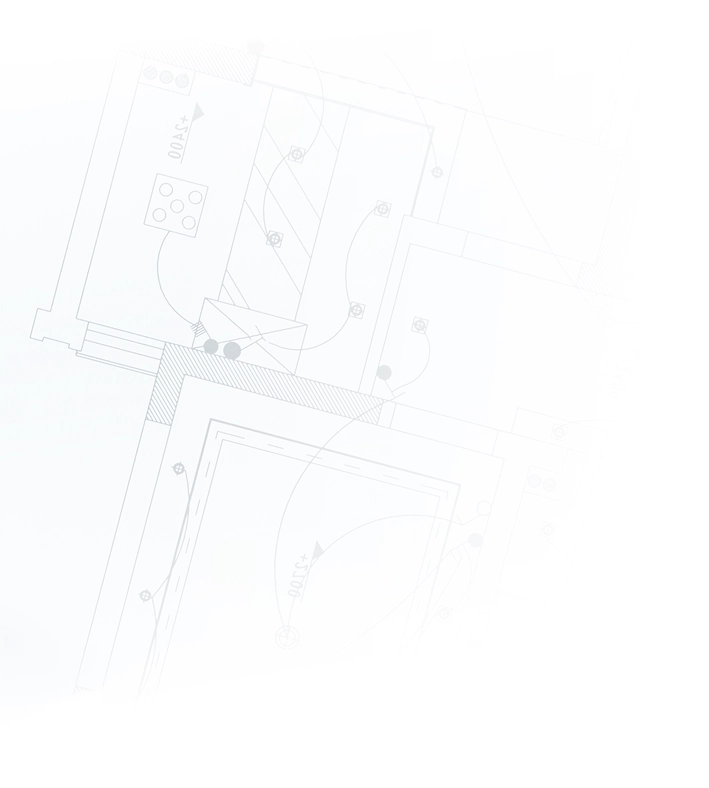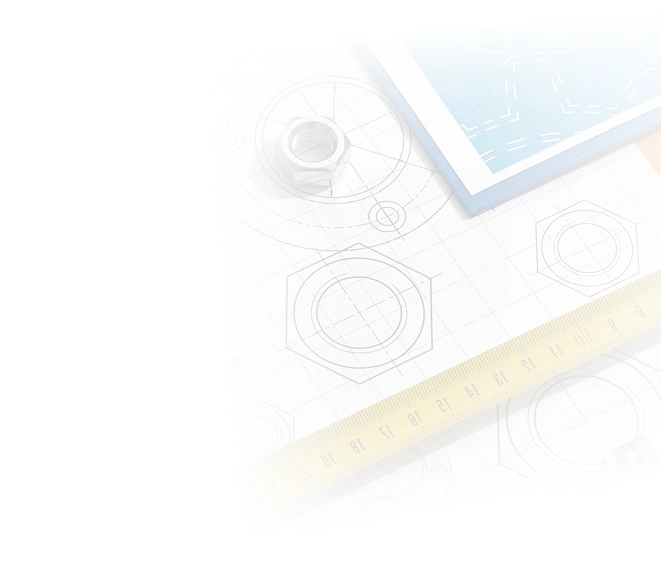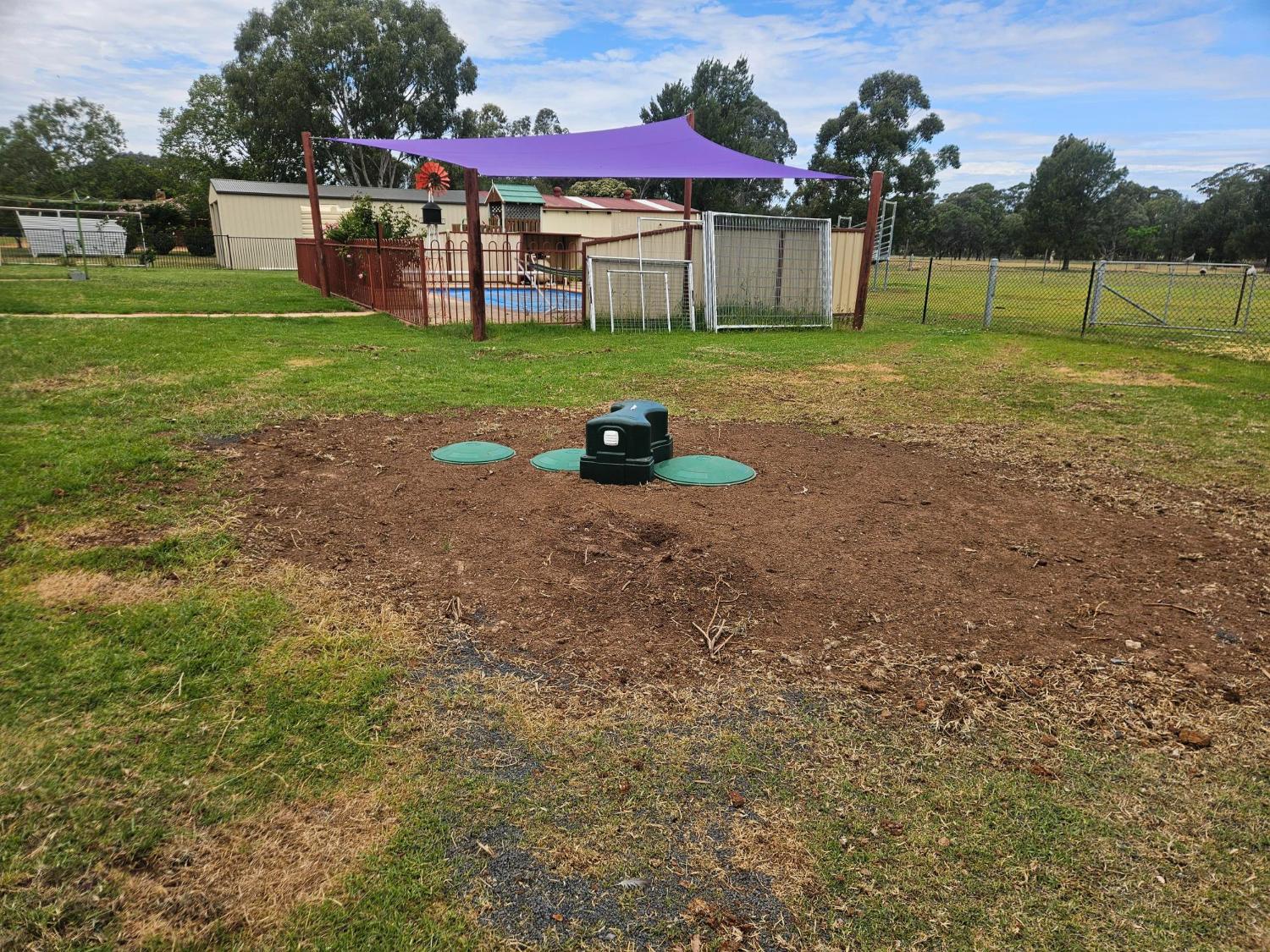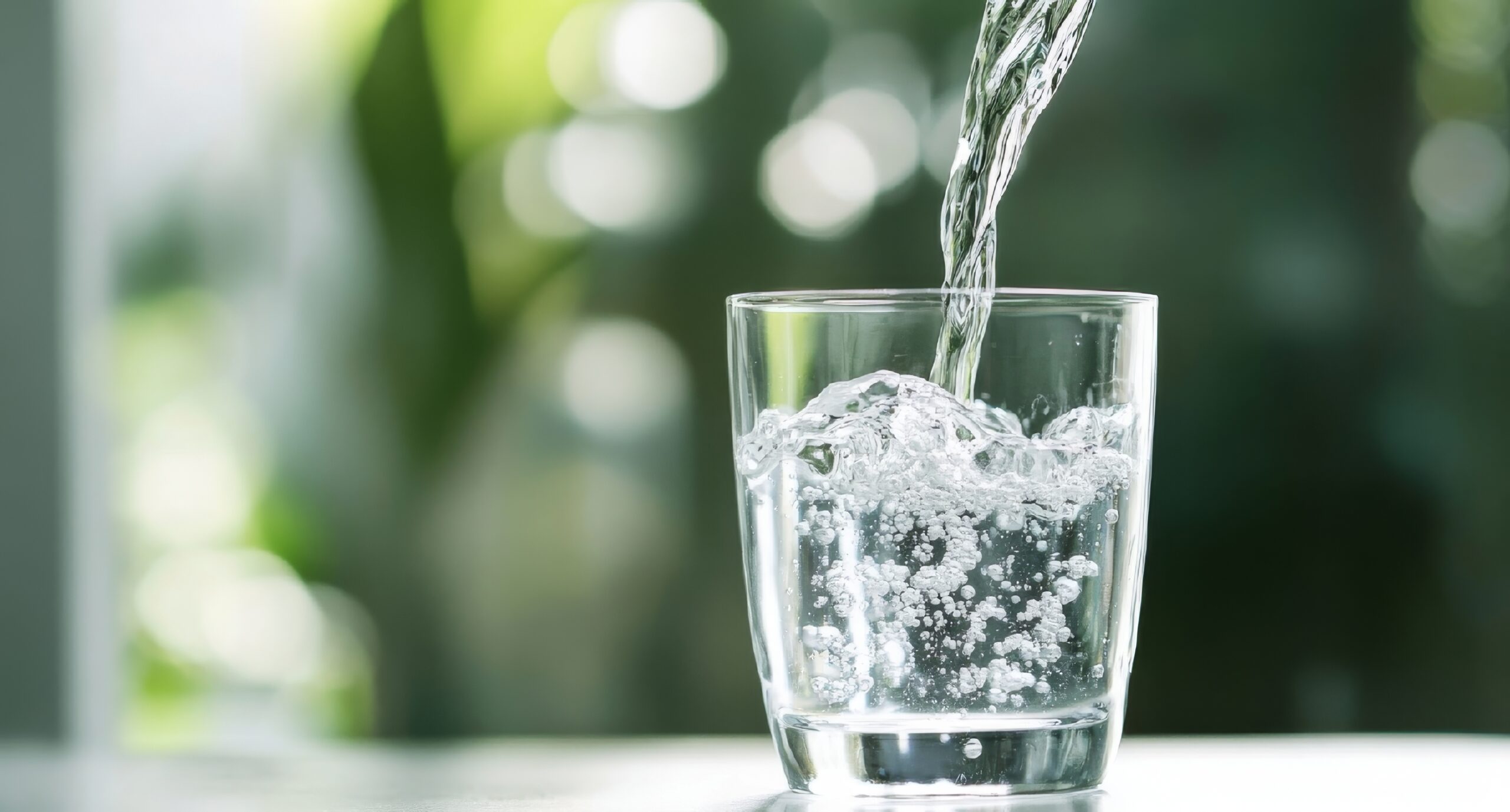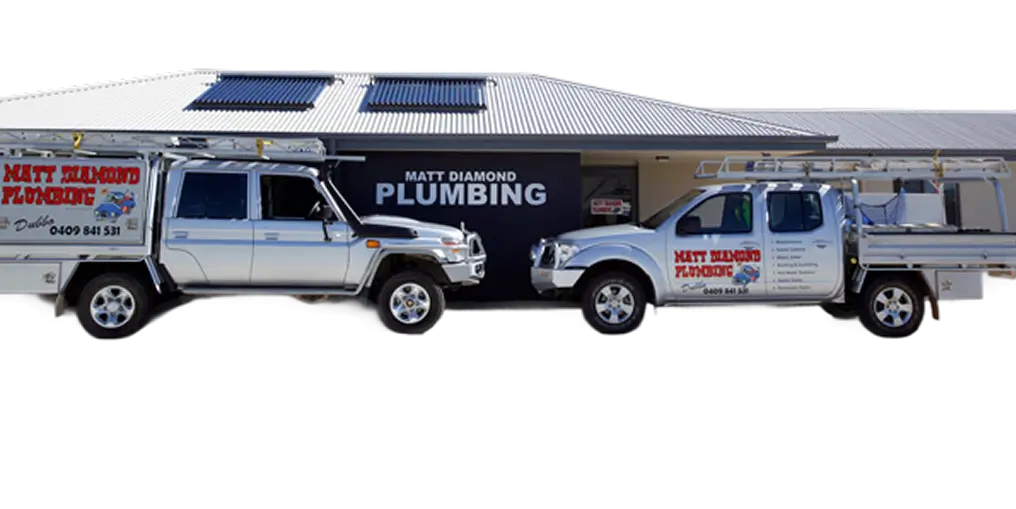The Foundations of Wastewater Management
Plumbing isn’t just about fixing leaks; it’s about managing water and waste in an efficient and environmentally friendly way. Wastewater management is crucial for every household and community. It helps ensure that used water from our homes is treated and returned to the environment without causing harm. Proper wastewater solutions ensure everything from your sinks to your toilets operate smoothly, preventing potential health hazards and environmental damage.
The Basics of Water Pressure and Why It Matters
Water pressure is the force that pushes water through our pipes and into our homes. It’s essential for tasks like taking showers or using the dishwasher. However, too much pressure can lead to burst pipes, while too little can mean a trickling shower. Common issues related to water pressure include blockages, leaks or problems with the local water supply. Regular maintenance and checks can ensure that your home’s water pressure remains at an optimal level.
Understanding Pipe Materials and Their Uses
When it comes to plumbing, the materials used play an important role in ensuring the durability and efficiency of the system. Different pipe materials have distinct characteristics, making them suitable for specific applications. Here’s a closer look at some of the most used materials in the plumbing industry:
- PVC: PVC pipes are lightweight and corrosion resistant, commonly used for residential water supply lines.
- Copper: Known for its longevity and reliability, copper is often used for hot and cold-water pipes.
- Galvanised Steel: These pipes used to be popular but are now less common because they can rust. However, some older homes might still have them.
Drainage Systems: Ensuring Smooth Flow
A well-functioning drainage system is a necessity for any home to ensure our living spaces remain clean and hygienic. The components of this system, while often out of sight, play crucial roles in maintaining its efficiency. Let’s explore some key elements of a typical drainage system and the signs that might indicate potential issues:
- Traps: These are designed to prevent sewer gases from entering your home. They hold a small amount of water that acts as a barrier against these gases.
- Vents: These ensure water flows smoothly through your drains by allowing air into the plumbing system.
- Signs of Drainage Problems: Slow draining sinks, gurgling noises from drains and water backing up are all indications that there might be an issue with your drainage system.
Get Expert Plumbing Assistance with Matt Diamond Plumbing
At Matt Diamond Plumbing, we’ve been serving the Dubbo community for over a decade, trying to ensure that homes and businesses have access to top-notch plumbing services. From wastewater solutions to roof repairs, our team is equipped to handle all your plumbing needs. If you’re facing a plumbing issue or just need some advice, don’t hesitate to contact us via our contact page or call us.
